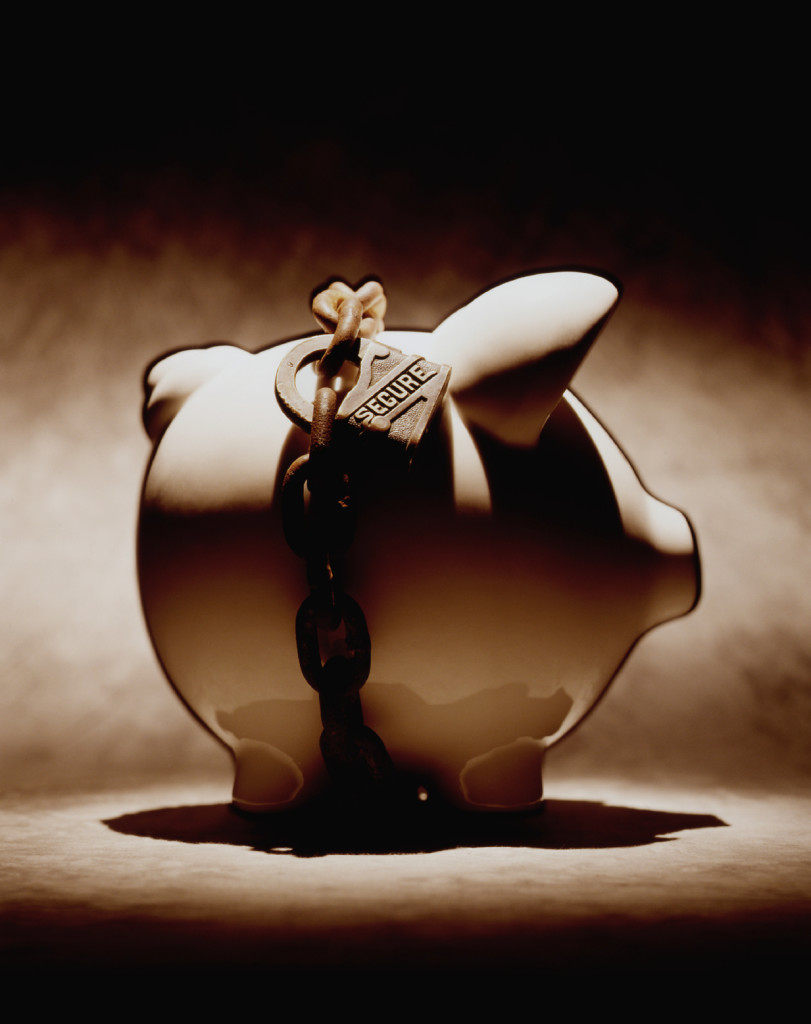
On divorce the court has the power to share pension provision between the couple. Often pensions can form a significant part of the pot of assets available and achieving financial security in retirement for both parties means sharing pensions is an essential part of their settlement.
Where pensions have a significant value, usually an actuary is instructed to advise on the options available to share the pension provision fairly between the couple. Often the actuary will be asked to equalise pension benefits when both parties reach a certain retirement age. Difficulties can therefore arise when one party is significantly younger than the other. Say, for example, that the main scheme holder has already reached retirement age and is in receipt of income from the main pension within the divorce, but their spouse is still 8 years away from the age at which they could draw income from their share of the pension after the divorce.
The effect of a pension sharing order is to carve off a proportion of the value of the scheme and transfer it into the ownership of the spouse. Therefore in this example, the main scheme holder’s pension income would reduce immediately if the order is implemented (backdated to the date of decree absolute/final order in the divorce usually) by the percentage set out in the pension sharing order. Meanwhile, the recipient of the pension credit would be unable to draw income from that share for a further 8 years. The main pension holder would therefore have received 8 years’ worth of income from the pension pot under the usual equalisation benefits calculations before the spouse starts to benefit.
This scenario is known as the “income gap” and means that the value of that 8 years’ worth of income from the pension should also be shared with the spouse and their value can be calculated by an actuary so that it can be shared in other ways, for example a lump sum or spousal maintenance.
It is possible to defer pension sharing claims until the recipient of the credit can draw the benefit of the pension they will receive, enabling the couple to continue to share the pension income at the higher rate by way of spousal maintenance. However, this comes with all sorts of risks including that the scheme holder may die, remarry (giving rights to a new spouse) or withdraw some or all of the value of their pension if it is a money purchase scheme. That is therefore rarely done.
Pensions are a specialist aspect of resolving finances on divorce and early advice from a specialist lawyer is needed.
